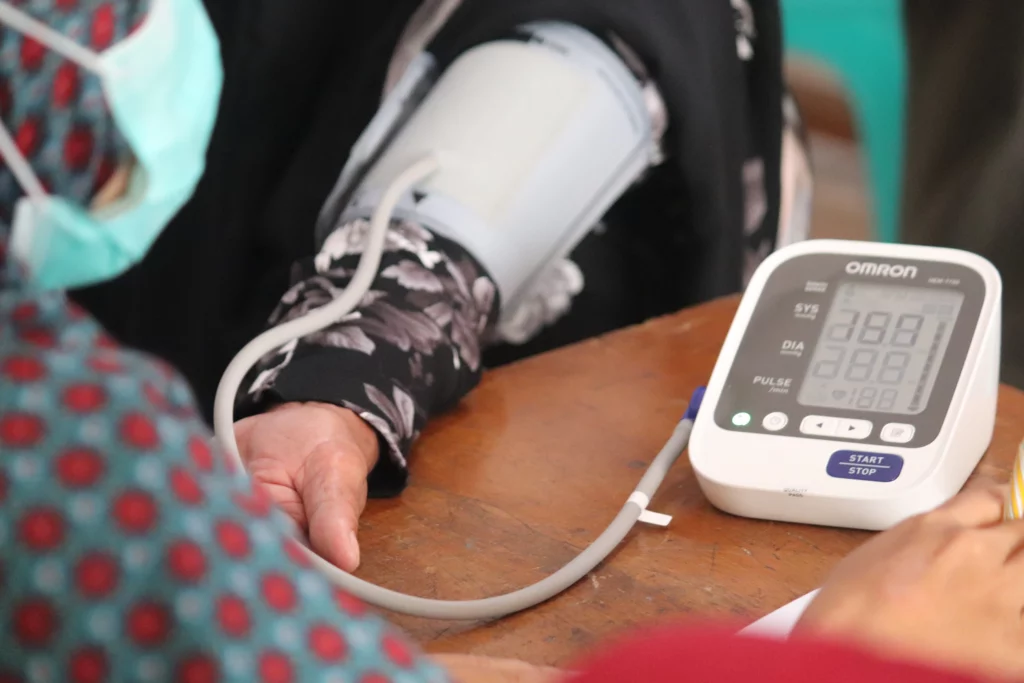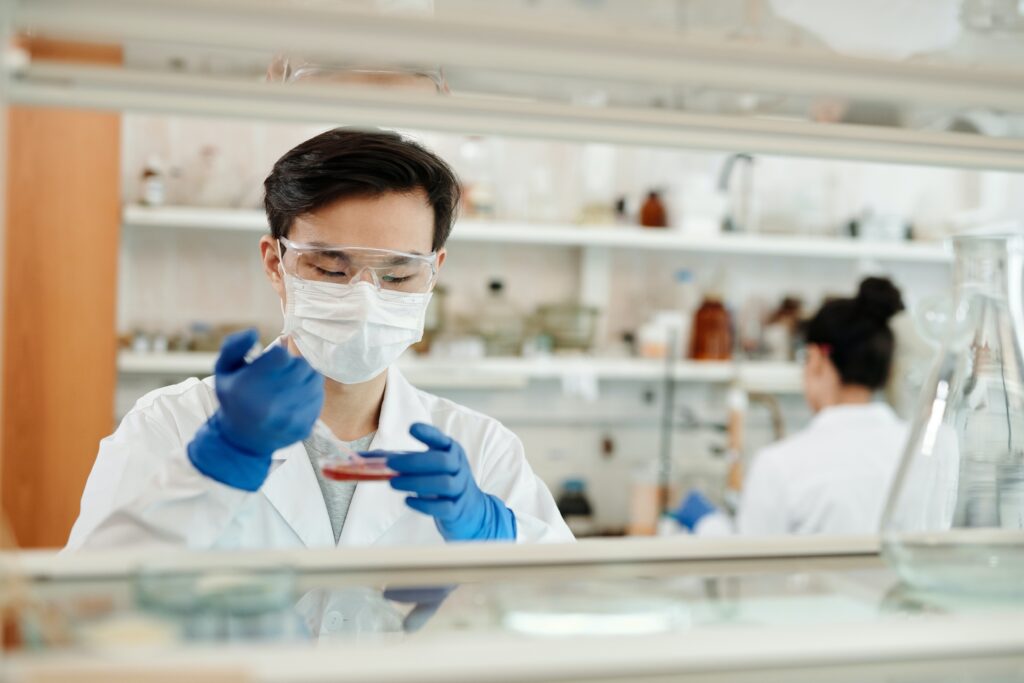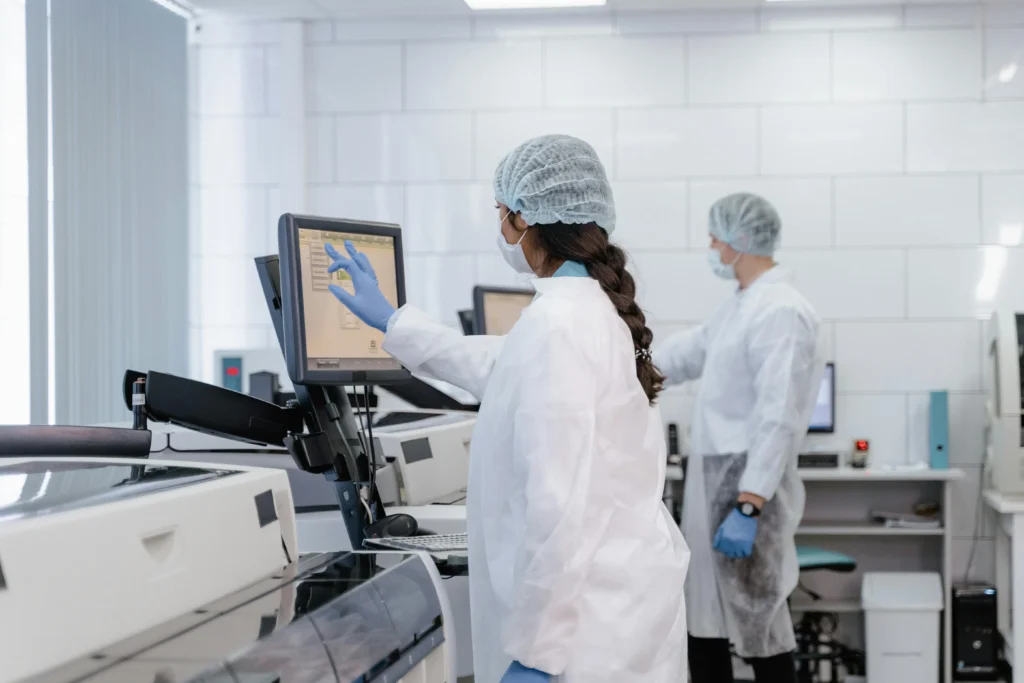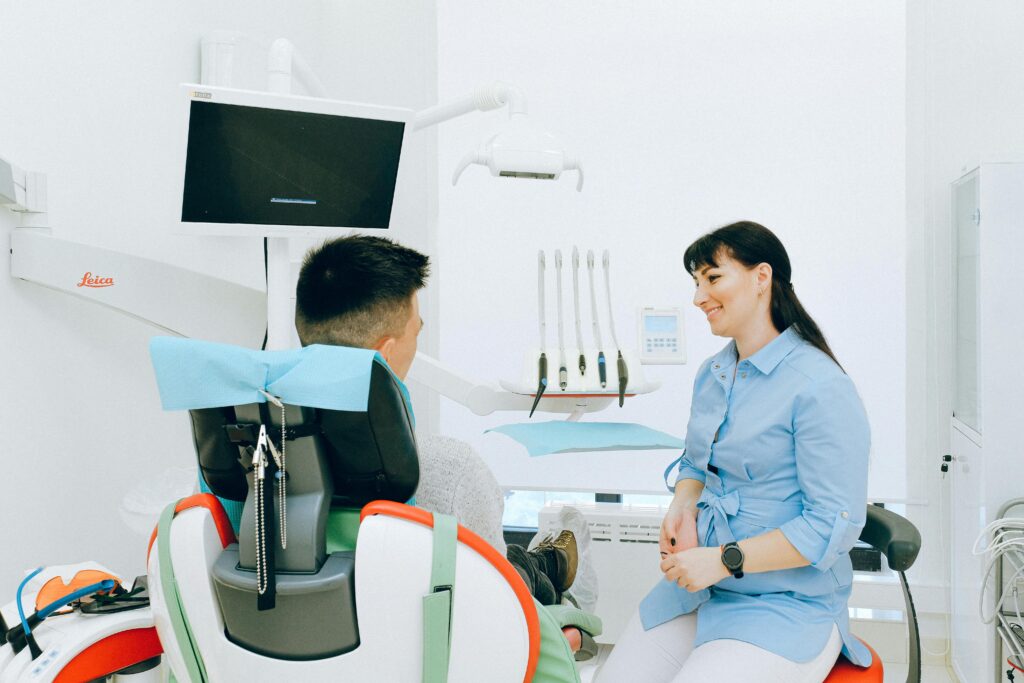Life Sciences is a diverse and interdisciplinary field that encompasses a wide range of scientific disciplines; all of them focus on understanding complex living organisms and life processes. This wide industry leads forward-thinking innovations aimed at saving and improving lives. In the midst of increasingly globalized societies, Life Sciences translation services play a key role in ensuring communication across global markets and access to information.
Contents:
4 fields that rely on Life Sciences translation services
Life Sciences encompasses a broad range of disciplines. Below, we list 4 fields that rely on life sciences translation services and explain how each benefits from them.
Pharmaceutical
The pharmaceutical industry relies significantly on Life Sciences translation services, as it involves the development and manufacturing of drugs and medications for human and animal use. Accurate and precise translation of clinical research and clinical trial reports, packaging and drug labels, regulatory submissions, drug registration documents, manufacturing and marketing materials, and other related documents is essential to ensure patient safety and regulatory compliance.
Biotechnology
Life Sciences translation services for biotechnology companies often include the translation of scientific research papers, technical documents, and patents related to biotechnology products and processes. Precise translations are essential in this field to ensure that researchers and regulatory agencies can understand and evaluate the safety and efficacy of biotech products.
Medical devices
Medical device manufacturers are subject to strict regulatory requirements in different countries to ensure that medical professionals and patients can use medical devices safely and effectively. Life Sciences translation of all technical documents, such as user manuals and labeling, into the local language of the target market, is essential in this field.
Agrotechnology
The agrotech industry involves the use of technology to improve agricultural productivity and sustainability. Life Sciences translation services are required for the translation of technical documents related to agrotech products and processes, such as crop protection products, agricultural machinery, and genetically modified organisms.
What are the most common Life Sciences translation services?
- Medical translation: It involves the translation of medical documents such as patient records, lab reports, medical device manuals, regulatory documents, and clinical trial protocols.
- Linguistic validation: It is a process used to ensure the translated content of Clinical outcome assessments (COAs), and especially patient-reported outcomes (PROs), is conceptually appropriate and linguistically valid to truly reflect what the patients are communicating.
- Technical translation: It involves the translation of user manuals, safety data sheets, and other technical materials to ensure that medical professionals and patients can use medical devices and pharmaceutical products safely and effectively.
- Patent translation: It involves the translation of patents and other IP Rights documents to protect intellectual property rights and ensure regulatory compliance in different countries.
- eCOA validation and migration: It involves the transfer and adaptation of COAs for electronic use, considering that the terminology and context are applicable to electronic devices.
- Machine translation post-editing (MTPE): It is a process whereby a translation performed by a computer is later post-edited by a specialist linguist to refine the text and ensure that the final work meets the client’s expectations.
- Desktop publishing: It involves the formatting and layout of translated documents to ensure that they are consistent with the original source document, such is the case with amendments or other regulatory documents.
- Full-scope localization: It involves the cultural adaptation of software, apps, websites, eLearning courses, and presentations, among other materials to speak your audience’s language.

How to ensure Life Sciences translation quality
As is the case with every specialization, the Life Sciences industry has its particularities when it comes to establishing a translation workflow and ensuring high-quality standards. Below, we name three.
Translators with subject-matter expertise
Life Sciences translation requires highly specialized translators who possess in-depth knowledge of Life Sciences terminology, as well as a deep understanding of regulatory requirements and quality standards. As part of our ISO-certified processes, we have gathered a team of translators that comprises subject-matter experts (SMEs) with years of experience performing translations for the Life Sciences industry. We also require that our translators undergo rigorous testing and training to ensure that they meet our high standards for accuracy, consistency, and quality.
Use of CAT tools and translation memories
The use of translation memories and computer-assisted translation (CAT) tools is indispensable. These tools make it possible to leverage previously translated content, maintain consistency across multiple documents, and improve teamwork efficiency. Translation memory maintenance and the use of glossaries and style guides help us to ensure brand consistency and linguistic accuracy across all of our clients’ translations.
Standardized processes to ensure compliance
Compliance with regulatory requirements and quality standards is of utmost importance. With this in mind, we have designed a standardized translation process following ISO 17100 quality standards. It includes project management, translation, editing, proofreading, and quality assurance. We also regard the specific guidelines for the linguistic validation of patient-reported outcomes measures provided by the International Society for Pharmacoeconomics and Outcomes Research (ISPOR), which involve back-translation, reconciliation, harmonization, and cognitive debriefing.
Overall, the Life Sciences industry relies on translations to ensure that its products are safe and effective for use in different countries and markets around the world. Global Language Services Providers, like Win & Winnow, play a crucial role in helping leading global companies achieve their growth objectives and maintain their reputation for quality and safety.
At Win & Winnow, we have almost 20 years of experience in the life sciences industry, our specialized team delivers translations in more than 100 languages. Contact us to get a free assessment and quote!



